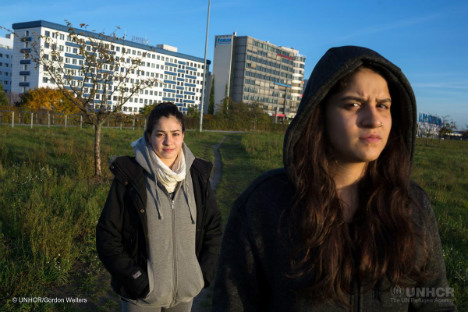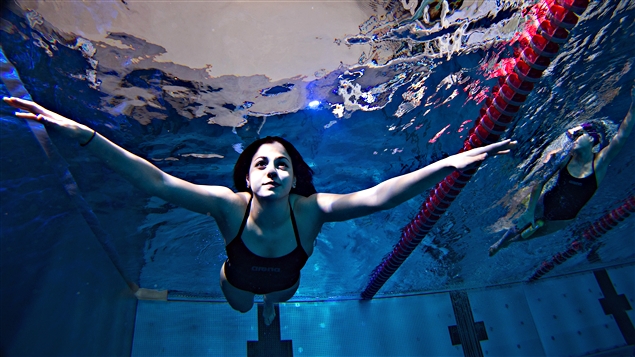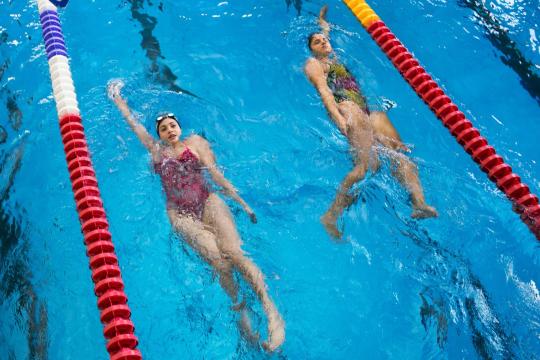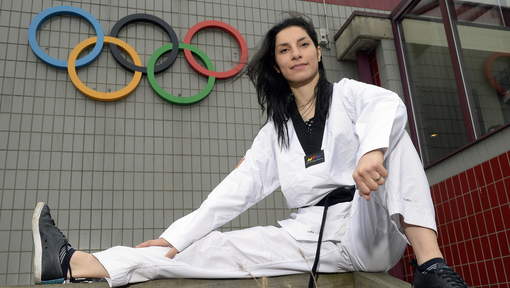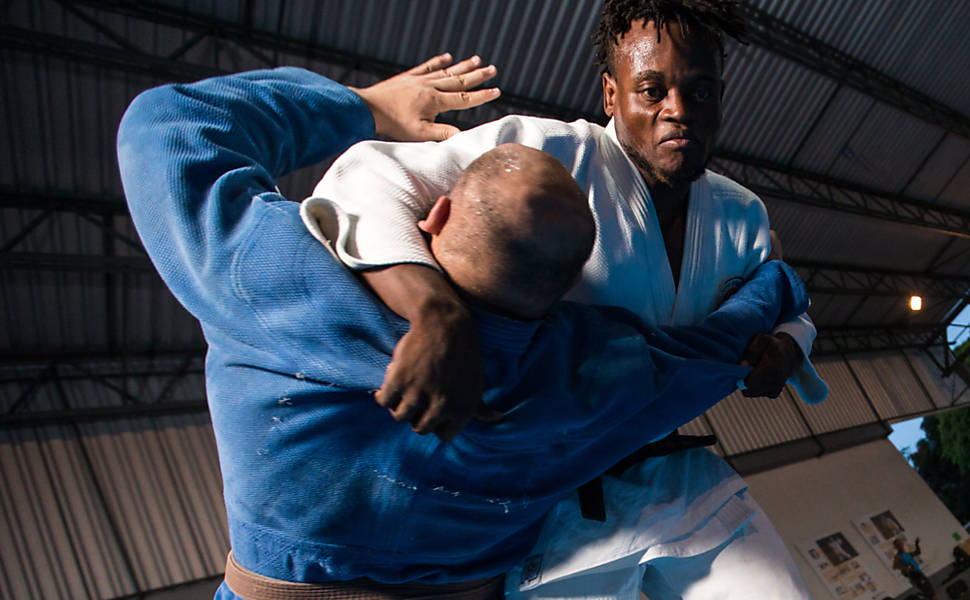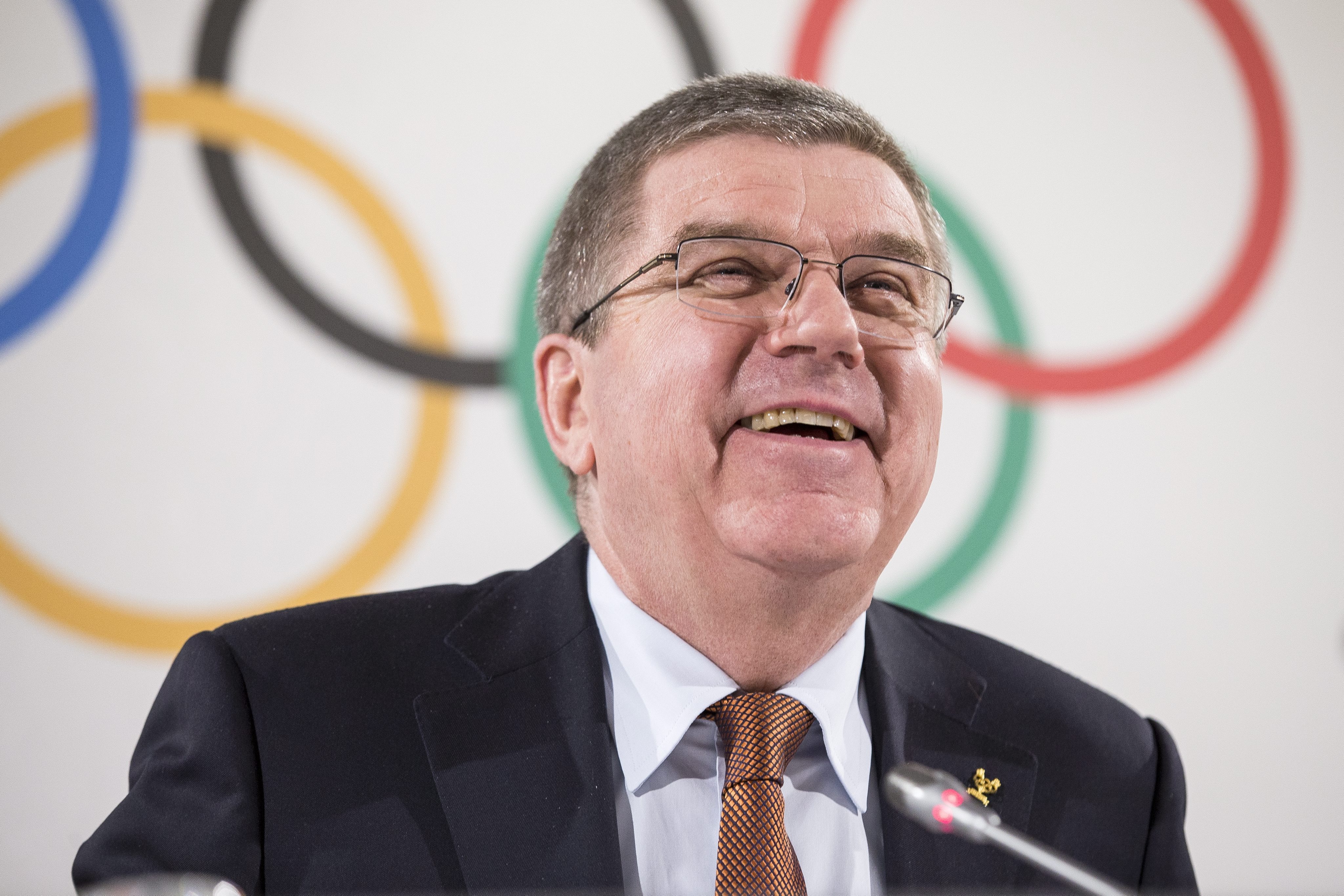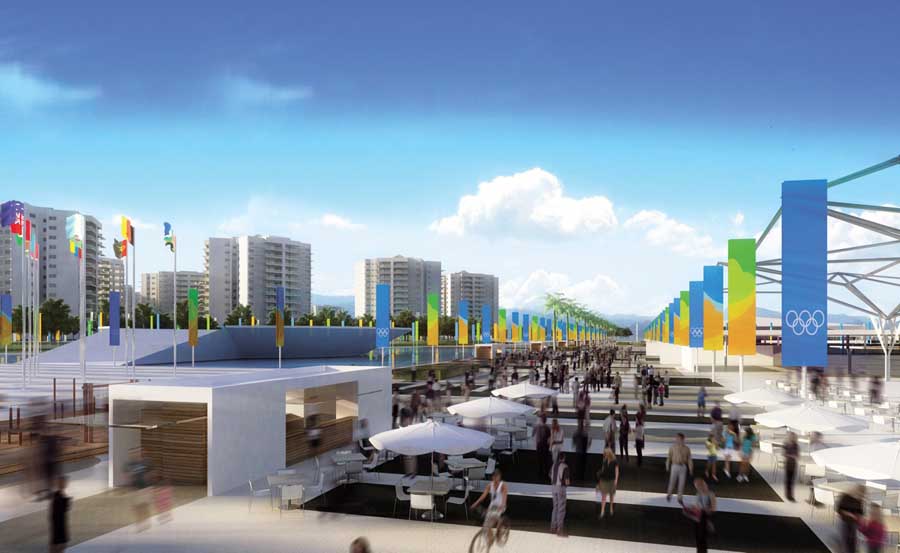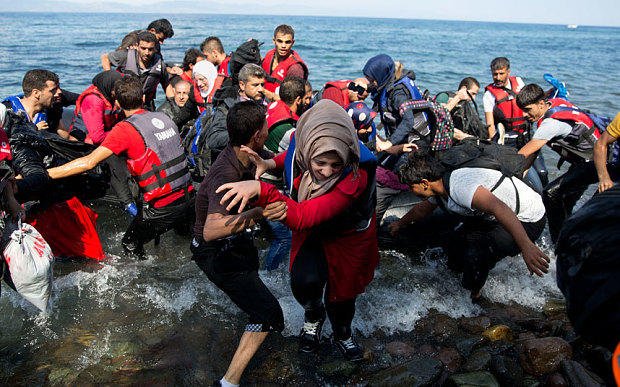Refugee Sisters Who Once Swam For Their Lives Have Now Made It To The Olympics
They will be joining Team Refugee Olympic, which will consist of stateless men and women, will compete under the Olympic flag and anthem.
Sisters Yusra and Sarah Mardini from Syria, who swam across the Mediterranean sea to Lesbos, are hoping to join the Team Refugee Olympic, a new team set up by the International Olympic Council (IOC)
Yusra and Sarah fled their hometown of Damascus through a boat. The overloaded boat stopped due to engine failure, threatening to capsize. Yusra, Sarah and the other woman quickly jumped into the water and started pushing and pulling the boat to shore. They were the only ones who could swim.
After making it to Lesbos, they started their month-long trek, living off food and clothes from strangers. Eventually, they made it to Germany and were introduced to a swimming club.
Shortly after arriving in Berlin, an Egyptian translator at their refugee shelter put them in touch with Wasserfreunde Spandau 04, a local swimming club, where they were introduced to coach Sven Spannekrebs.
The club has embraced its newest recruits, putting them straight into a daily training routine.
Sven Spannekrebs, their coach, says the sisters are making amazing progress, though he is realistic about their prospects as athletes. "They can swim at the highest level for the Arab world, but there's a difference to Europe because of the training conditions," he said.
Aside from the Mardini sisters, martial artists Raheleh Asemani and Popole Misenga, who are from Iran and Congo respectively, are hoping for a chance to compete in Rio
Born in Karak, Iran, in 1989, the young Asemani first wanted to do gymnastics, but, on her father’s advice, took up taekwondo. That was in 2000. By 2009, she was a professional on the highly competitive Iranian circuit. In 2012, she became a refugee for reasons she does not wish to disclose and arrived in Belgium.
Popole Misenga comes from a war-torn province in the Congo, Bukavu. His mother was killed and his brother disappeared during the five-year war in the Democratic Republic of Congo, and its aftermath. To escape the fighting, he put everything he had into judo and sought asylum in Brazil.
A total of 43 stateless athletes from around the world are living and training in Germany. Only five to ten athletes will qualify for a spot in the team.
Of the 43 athletes selected as contenders for the team, more than half are runners from central and western Africa. Others are from Syria, Iran and Iraq.
IOC President Thomas Bach said he expects between five and 10 athletes will make the team. The final selection will be announced by the IOC at its next executive board meeting in June.
Prompted by the plight of millions of migrants and refugees around the world, the International Olympic Committee (IOC) is forming a small team of refugees who will be competing in the Rio Olympics under the Olympic flag
The refugee athletes will be living in the same Olympic Village with the other athletes. In the opening ceremony, the team will march ahead of the team from Brazil, behind the flag with Olympic rings.
The IOC will supply them with team uniforms, coaches and technical officials. The Olympic anthem will be played if any of the athletes wins a gold medal.
The plan was first announced by the IOC back in October last year amid the influx of refugees in Europe
More than a million migrants and refugees crossed into Europe in 2015, sparking a crisis as countries struggled to cope with the influx, and creating division in the EU over how best to deal with resettling people.
The conflict in Syria continues to be by far the biggest driver of migration. But the ongoing violence in Afghanistan and Iraq, abuses in Eritrea, as well as poverty in Kosovo, are also leading people to look for new lives elsewhere.
